The 10 Biggest Tech M&A Deals Of 2023
Despite 2023’s economic uncertainties, IT industry mergers and acquisitions – including some with multibillion-dollar price tags – have continued this year. Here’s a look at the biggest tech mergers and acquisitions that were unveiled or completed in 2023 or are still in the works.
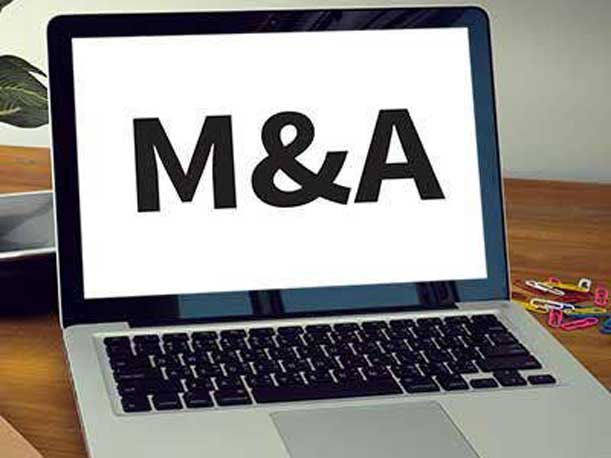
Wheelin’ And Dealin’
Merger and acquisition activity has continued across the IT industry in 2023 despite the uncertain economy, although the pace of multibillion-dollar acquisition deals appears to have slowed somewhat.
Also this year, a greater number of acquisitions seem to be cases of IT companies being acquired by private equity firms rather than IT companies buying each other.
The cybersecurity sector has seen the most M&A activity, including major vendors acquiring security tech startups such as Cisco Systems’ acquisitions of Valtic and Lightspin and cybersecurity companies buying other security companies, including Check Point Software Technologies’ $490 million deal to buy Perimeter 81, Zscaler’s acquisition of Canonic, SailPoint’s purchase of SecZetta and Rapid7’s acquisition of Minerva Labs in a bid to expand their product portfolios.
Given the exploding interest in artificial intelligence and machine learning in general—and generative AI in particular—there have been cases of large IT companies acquiring AI startups as a way to quickly get into the AI game.
Some solution providers bolstered their security offerings and market reach through acquisitions: GreenPages Technology Solutions (now Blue Mantis) bought Arcas and Optiv acquired ClearShark.
Even mergers and acquisitions that don’t happen can be big news in the IT industry. DXC Technology confirmed in late 2022 that it was in discussions with a potential buyer, possibly a private equity firm. But on March 7 DXC issued a statement saying it had ended those talks without a deal.
Here’s a look at the IT industry’s biggest acquisition, merger and spinoff deals in 2023 so far. Some deals were unveiled last year and completed this year. Others have been unveiled but are still working their way through regulatory and/or shareholder approvals before they are wrapped up.
While dollar value is a factor in the following ranking, some mergers and acquisitions have a greater impact on the IT industry in general, and the channel in particular, and that figures into the list. In a number of cases the value of the acquisition was not disclosed.
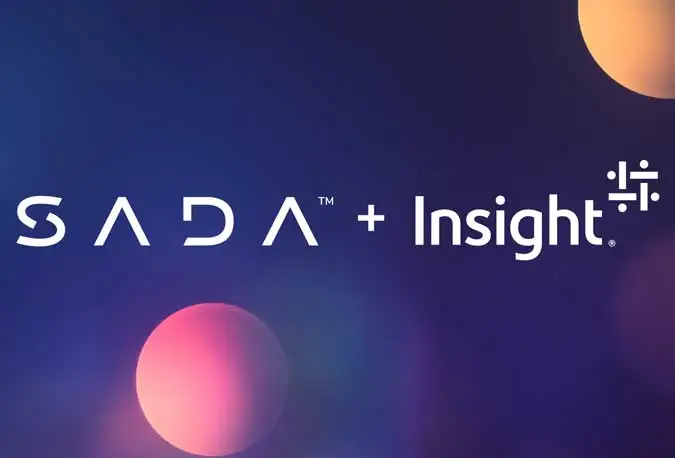
No. 10: Insight Enterprises To Buy SADA
With a $410 million price tag, the deal by leading solution provider Insight Enterprises to buy Google Cloud partner superstar may be smaller than many other acquisitions in 2023. The deal’s value is potentially higher with a potential additional earnout for SADA’s owners of up to $390 million.
But Insight’s planned acquisition of SADA, revealed on Dec. 1, makes this merger and acquisition list because of its impact on the channel.
Insight Enterprises, No. 16 on the 2023 CRN Solution Provider 500, is already a leading global solution provider in the Microsoft arena, boasting a multibillion-dollar relationship with the software giant, 22 Microsoft specializations and more than 65 Microsoft Partner of the Year awards.
The acquisition of SADA, a Google Cloud Partner of the Year winner and No. 108 on the 2023 CRN Solution Provider 500, makes Insight a major solution and services provider in both the Microsoft and Google cloud realms.
SADA is a Google Cloud Premier partner with some 850 professionals focused on Google Cloud and 10 Google Cloud specializations covering security, infrastructure, cloud migration, data analytics, application development, location intelligence and machine learning. Insight also said the acquisition extends its AI capabilities across two leading generative AI platforms.
“The big opportunity for us is multi-cloud,” Dee Burger, Insight North America president, told CRN. “Seventy-five percent of our clients are multi-cloud. So in a situation where we're already in with Azure, we can also compete now for the Google business, and vice versa.
The combination of Insight and SADA will create a top provider of both Google Cloud Platform and Azure services with a focus on bringing the right cloud to the right customer requirement and help customers bridge the Microsoft and Google cloud worlds, SADA President and CEO Tony Safoian told CRN.
“It's rare to be all in one cloud, especially in enterprise and traditional organizations,” Safoian said. “We just want to capture the opportunity and increase that customer’s experience across more than one [cloud] without losing focus that our primary job is to drive the Google business forward. Insight’s Microsoft teams know their primary job is to drive the Microsoft business forward. But these things are happening anyway.”
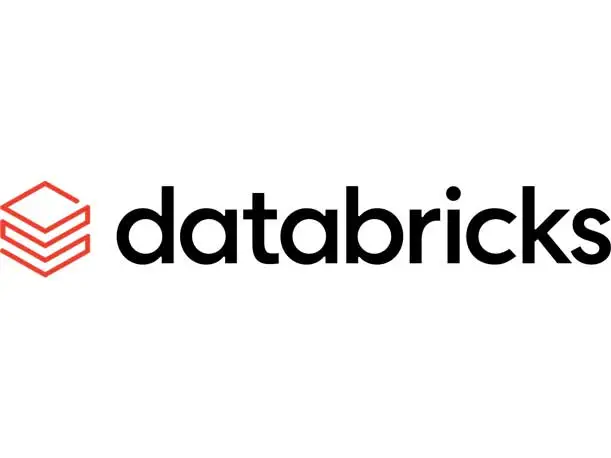
No. 9: Databricks Acquires Generative AI Startup MosaicML In $1.3B Deal
On June 26 on the eve of its Data + AI Summit, data lakehouse platform provider Databricks unveiled a deal to acquire generative AI platform developer MosaicML for approximately $1.3 billion. The acquisition was completed July 19.
With the acquisition Databricks said it will provide customers with the ability to “build, own and secure generative AI models with their own data.”
Databricks is a leading company in the big data space with its Databricks Lakehouse Platform that provides businesses with a foundation for data lake, data warehouse and machine learning systems, offering a range of capabilities spanning data governance, data engineering, data science, data sharing and data streaming.
MosaicML was founded in 2021 and, like Databricks, is based in San Francisco. The startup is known for its MPT (multitask prompt tuning) large language models that organizations use to quickly build and train state-of-the-art models while cost-effectively using their own data, according to Databricks.
Databricks is already in the process of acquiring Okera, a developer of data governance technology, for an undisclosed sum. The two companies announced that deal May 3.
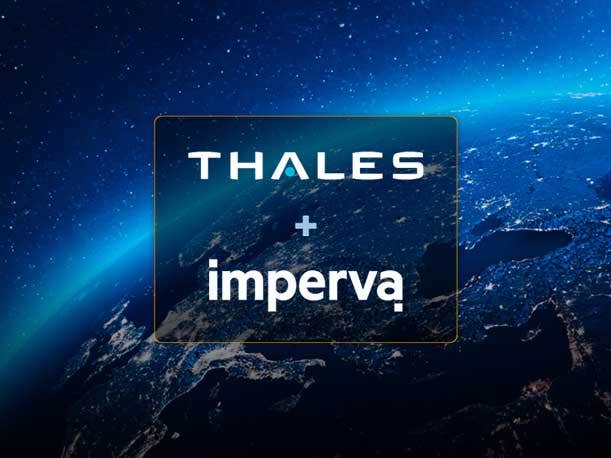
No. 8: Imperva Acquired By Thales In $3.6B Deal
On July 25 cybersecurity vendor Imperva said it had agreed to be acquired by French multinational Thales for $3.6 billion. Thales bought San Mateo, Calif.-based Imperva from Thoma Bravo, its private equity owner.
The acquisition was completed on Dec. 4.
Imperva is a longtime player in application security categories including web application firewall and DDoS protection and in recent years has expanded into emerging areas such as API and data security.
Thales, based in Paris, France, said it generated more than €1.5 billion (about $1.66 billion) in sales in 2022 through its “extensive cyber portfolio.” The Imperva acquisition will add about $500 million in revenue and “significantly expand its data and application security offering,” the company said.
Thales’ product and service offerings are in defense and security, aeronautics and space, and digital identity and IT security.
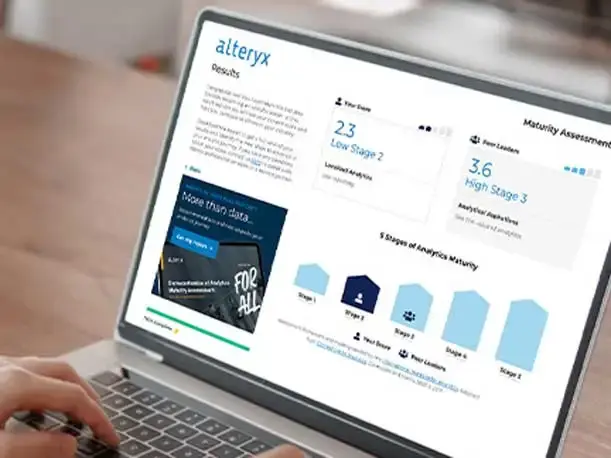
No. 7: Data Analytics Provider Alteryx To Be Taken Private In $4.4B Deal
On Dec. 18 Alteryx, a data analytics cloud platform provider, said it had agreed to be acquired by private equity firms Clearlake Capital Group and Insight Partners in a deal valued at $4.4 billion.
The $48.25 per share in cash being paid by the private equity firms represents a 59 percent premium over the company’s “unaffected closing stock price” on Sept. 5 before reports circulated that Alteryx was in talks to be acquired.
The acquisition is expected to close in the first half of 2024, upon which Alteryx stock will cease to trade on the New York Stock Exchange and Alteryx will become a privately held company.
Alteryx, based in Irvine, Calif., was founded in 1997 and went public in 2017. The company has more than 8,000 customers and generated revenue of $232 million in its third quarter (ended Sept. 30). The company reported a loss of $37 million for the quarter.
“In addition to delivering significant and certain cash value to our stockholders, this transaction will provide increased working capital and industry expertise, and the flexibility as a private company. Together, we will make investments that matter most to our customers and accelerate our mission of harnessing the power of analytics to enable customers all over the world to transform data into a breakthrough,” said Alteryx CEO Mark Anderson in a statement.
“Over the past several years, we’ve executed a comprehensive transformation strategy to enhance our go-to-market capabilities and establish a strong cloud and AI innovation road map. We are excited to partner with Clearlake and Insight for the next stage of Alteryx’s journey,” the CEO said.
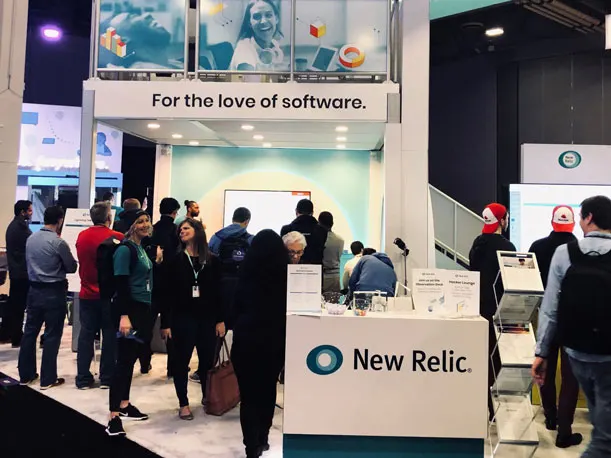
No. 6: Observability Tech Vendor New Relic Goes Private In $6.5B Acquisition
On Nov. 8 unified data observability platform developer New Relic was acquired by private equity firm Francisco Partners and asset management firm TPG in a deal valued at $6.5 billion. The acquisition deal was disclosed on July 31.
New Relic, previously publicly traded on the New York Stock Exchange, is now a privately owned company “with enhanced flexibility to continue investing in its leading observability platform and meeting the data and efficiency needs of its customers,” the San Francisco-based company said in a statement when the acquisition was completed.
Francisco Partners and TPG paid $87.00 per share in the all-cash deal to buy New Relic, putting the value of the acquisition at approximately $6.5 billion.
“New Relic has made significant progress on its consumption business transition and, together with Francisco Partners and TPG, we will have the resources and flexibility to not only complete the final chapter of this transition, but also accelerate our strategy and provide customers with a standardized data-driven practice that any company can benefit from,” New Relic CEO Bill Staples said in a statement when the acquisition deal was unveiled.
Reports circulated in mid-2022 that New Relic was eyeing a potential sale after attracting interest from private equity firms.
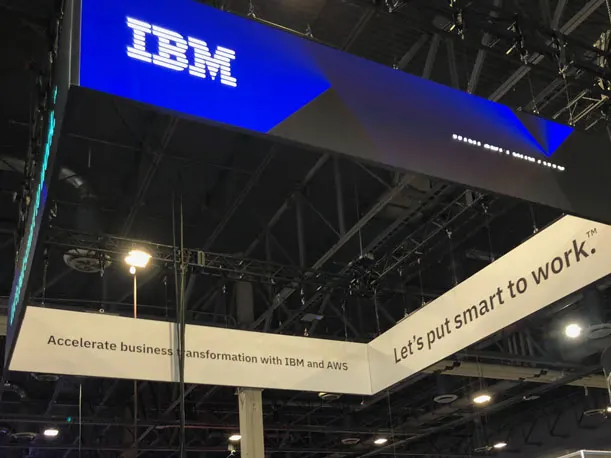
No. 5: IBM Buys Apptio For $4.6B To Boost Its FinOps And Hybrid Cloud Offerings
On June 26 IBM struck a deal to buy Apptio, a developer of IT business management and financial operations applications, for $4.6 billion. The acquisition, which closed Aug. 10, expands IBM’s offerings across its IT management and hybrid cloud services and boost the capabilities of its Red Hat and Watson product lines.
IBM bought Apptio from private equity firm Vista Equity Partners.
Apptio’s FinOps [financial and operational) IT management and optimization Software-as-a-Service applications are used by more than 1,500 customers and provide visibility into technology spending across hybrid and multi-cloud environments, labor and resources.
The acquisition of Bellevue, Wash.-based Apptio also provides IBM with $450 billion of anonymized IT spending data that will unlock new insight for clients and partners.
IBM said the acquisition is expected to drive “significant synergies” across several key areas for IBM including its Red Hat subsidiary, the IBM AI portfolio and IBM Consulting, as well as strengthen partnerships with systems integrators like Accenture, KPMG and Deloitte. CEO Arvind Krishna said IBM also plans to combine Apptio software with its Watsonx AI platform and the company’s automation software.
Meanwhile, on Dec. 18 IBM unveiled a deal to buy two platforms owned by Software AG, StreamSets and webMethods, for $2.33 billion. IBM will use the technologies to boost the data ingestion and integration management capabilities of Watsonx, the company’s generative AI offering.
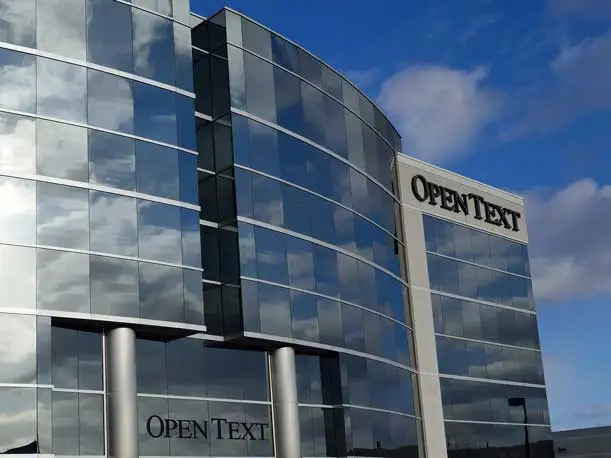
No. 4: OpenText Completes $5.8B Micro Focus Acquisition
On Jan. 31 OpenText wrapped up its $5.8 billion acquisition of software and cybersecurity vendor Micro Focus International, creating a software powerhouse with a broad portfolio of information management and IT security products.
At the time the deal closed, OpenText, based in Waterloo, Ontario., said it planned to “balance the combined company” through a workforce reduction of approximately 8 percent, creating “cost synergies” of $400 million.
OpenText and Micro Focus, based in Newbury, U.K., initially disclosed the acquisition deal in August 2022 with a stated price tag of around $6 billion
OpenText has been aggressively expanding through acquisitions in recent years, including buying Carbonite in 2019 for approximately $1.45 billion and Zix in 2021 for $860 million.
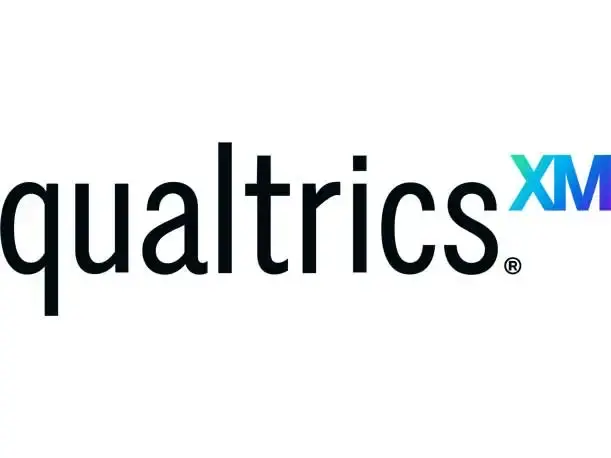
No. 3: SAP-Backed Qualtrics Accepts $12.5B Takeover From Silver Lake, CPPIC
On June 28 Qualtrics, a leading developer of experience management applications, was acquired and taken private by private equity giant Silver Lake and the Canada Pension Plan Investment Board (CPPIC) in a deal valued at $12.5 billion.
Qualtrics develops cloud-native software used to identify and resolve points of friction across digital and human touchpoints—consumer interactions with an online retailer’s web site, for example, or a service provider’s call center.
The acquisition of Qualtrics by Silver Lake and CPPIC included buying the majority stake that software giant SAP held in Qualtrics.
SAP acquired Qualtrics for $8 billion under a deal announced in November 2018, just days after Qualtrics filed documents for an IPO. Eighteen months later, in July 2020, SAP decided to take Qualtrics public while retaining a majority stake in the company. Qualtrics began trading as a public company on Jan. 29, 2021, with a market capitalization of $21.66 billion.
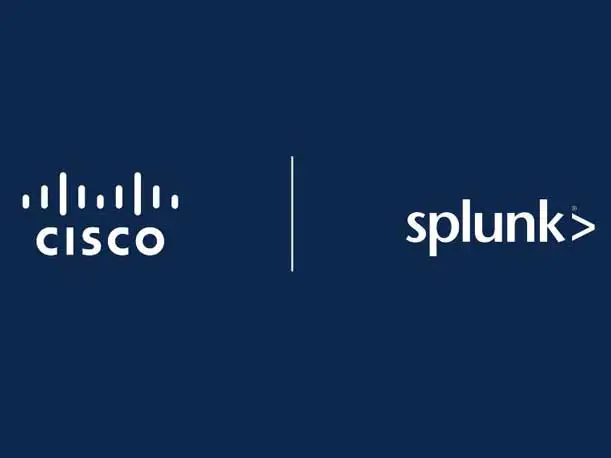
No. 2: Cisco To Acquire Splunk For $28B To Drive ‘AI-Enabled Security And Observability’
In early 2022 reports circulated that Cisco Systems was in talks to acquire Splunk, which develops a platform for collecting and searching machine data for observability and security tasks, for around $20 billion.
A deal didn’t emerge from those talks. But on Sept. 21 of this year the two companies said they had reached an agreement for Cisco to buy publicly traded Splunk for $28 billion in an all-cash deal worth $157 per share. The acquisition is the biggest in Cisco’s history.
The companies expect to close the deal in the third quarter of 2024 following Splunk shareholder approval and customary closing conditions.
“Our combined capabilities will drive the next generation of AI-enabled security and observability,” said Cisco Chair and CEO Chuck Robbins in a statement unveiling the deal. “From threat detection and response to threat prediction and prevention, we will help make organizations of all sizes more secure and resilient,” he said.
“Together, we will form a global security and observability leader that harnesses the power of data and AI to deliver excellent customer outcomes and transform the industry,” said Splunk CEO Gary Steele.
Splunk, based in San Francisco, struggled during the pandemic and CEO Doug Merritt left in November 2021. Steele, previously CEO of Proofpoint, was hired as CEO in March 2022.
Splunk has undertaken two rounds of layoffs this year including 4 percent of its staff in February and 7 percent in November—neither related to the pending acquisition, according to Steele. For the first three quarters (ended Oct. 31) of its fiscal 2024 Splunk recorded revenue of $2.73 billion and achieved annual recurring revenue of $4 billion in the third quarter.
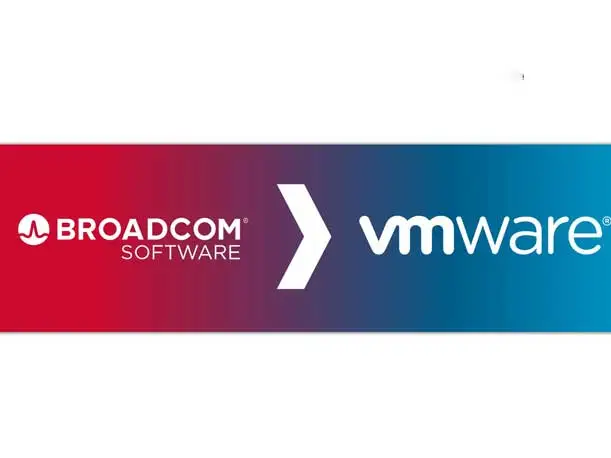
No. 1: Broadcom Completes VMware Acquisition, Top Execs Depart
On Nov. 22 Broadcom closed its $69 billion acquisition of virtualization technology giant VMware, 18 months after first unveiling the deal, in one of the largest acquisitions in the history of the IT industry.
Broadcom immediately announced that it was reorganizing VMware into four divisions (VMware Cloud Foundation, Tanzu, Software-Defined Edge and Application Networking and Security) and that Raghu Raghuram would step down as VMware CEO, staying on as a technical adviser to Broadcom President and CEO Hock Tan during the transition.
Broadcom also quickly began implementing layoffs. A little more than a week after completing the acquisition the company confirmed that it was eliminating more than 2,100 jobs (some published reports put the figure at more than 2,800) out of the company’s total workforce of 38,000.
Less than a week after the acquisition closed VMware President Sumit Dhawan exited the company to become the CEO at cybersecurity company Proofpoint.
In early December Tan promised that the company was investing in developing a “rich catalog of microservices” for VMware customers. But Broadcom also outlined plans to sell off its Carbon Black cybersecurity and VMware End-User Computing businesses.
All the changes and the layoffs created “significant concern and chaos” among VMware customers and partners. By early December some solution providers that work with VMware rival Nutanix reported that a number of VMware customers were approaching them about moving off the VMware platform.
The completion of the acquisition (valued at $69 billion including $61 million in cash and Broadcom’s assumption of $8 billion in VMware debt) followed a long process of obtaining regulatory approvals for the acquisition from regulatory authorities around the world.
The deal faced significant headwinds in 2022 and early 2023 and at times appeared to be in jeopardy. But eventually all the needed regulatory approvals were obtained including from the European Union in July, the U.K. in August and—what proved to be the final regulatory hurdle—China—in November.
U.S. regulators also closely scrutinized the acquisition—the U.S. Federal Trade Commission launched an investigation in July 2022. But on Aug. 21 Broadcom said the Hart-Rodino pre-merger waiting periods had expired and there was “no legal impediment to closing under U.S. regulations.”